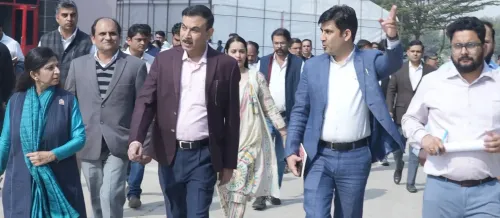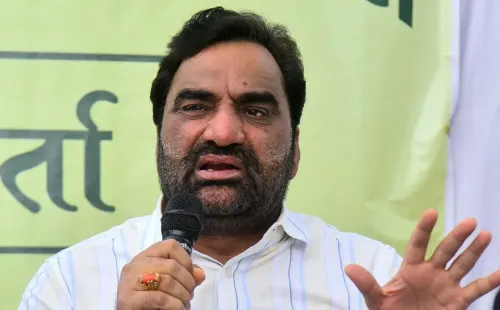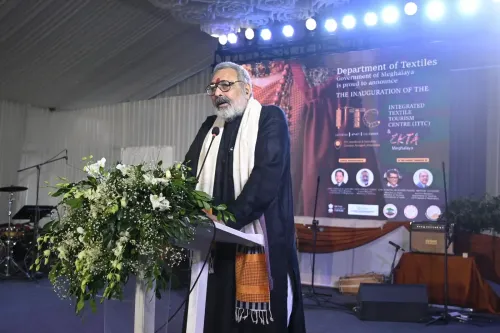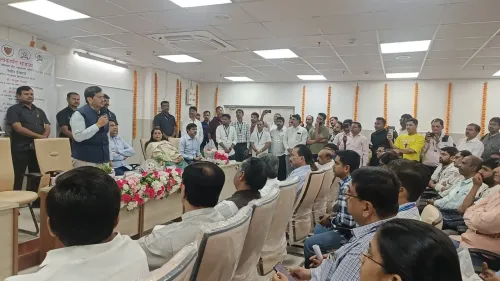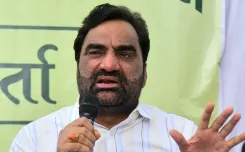Is the Government's Effort to 'Clean Up' SIR a National Concern?
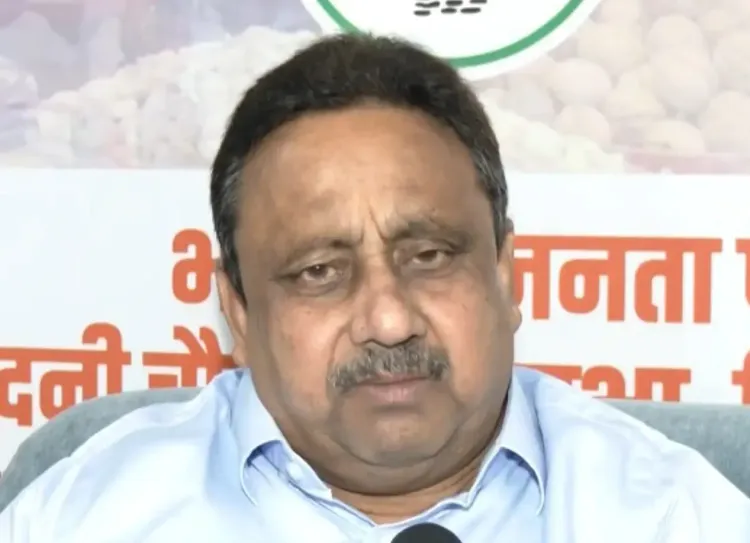
Synopsis
Key Takeaways
- Amit Shah emphasizes the need for accurate voter lists.
- Consensus among parties on the importance of voter eligibility.
- The SIR aims to remove names of ineligible voters.
- Political dynamics reveal varying perspectives on the SIR.
- Historical agreements reinforce the ongoing debate.
New Delhi, Oct 17 (NationPress) As Union Home Minister Amit Shah defended the government's initiatives to "clean up" the Special Intensive Revision (SIR), both the BJP and JD(U) expressed that he brought up a critical issue. They emphasized that there is a broad agreement on this matter among all political factions.
This statement follows Amit Shah's remarks in an interview, where he highlighted that the SIR is designed to eliminate ineligible voters, including infiltrators, those who have passed away, and individuals who have migrated.
BJP MP Praveen Khandelwal stated, “Home Minister Amit Shah has raised a very fundamental question. Who can deny that voter lists contain names of deceased individuals, those who have relocated, duplicate entries, or illegal residents? While he shares his political stance, this issue should not be viewed as the agenda of any single person or party. It is unquestionably a national concern.”
BJP leader Tarun Chugh remarked, “SIR is akin to a life-reviving herb for democracy, as it removes the names of the deceased. It’s extremely beneficial for the democratic process. The West Bengal government, which aligns with the ideology of the Muslim League, seems eager to safeguard these infiltrators. This behavior is shameful and deserves condemnation.”
JD(U) spokesperson Neeraj Kumar supported this view, stating, “There is consensus on this issue across all political parties. I recall a meeting of North Indian states in Delhi during the early '90s when Lalu Yadav Ji was Chief Minister. It was agreed that infiltrators should not be permitted to enter the country. Lalu Ji himself voiced concerns about the situation.”
Conversely, Congress leaders offered a different perspective, raising doubts regarding the internal political dynamics.
Congress leader Manickam Tagore commented, “Nitish Kumar is on the brink of betrayal. Amit Shah has marginalized Nitish’s supporters and completely overlooked them. The circumstances are increasingly reminiscent of Eknath Shinde’s situation. Nitish Kumar could become the Eknath Shinde of Bihar.”
Congress MP Imran Masood added, “You claim you’ll identify infiltrators now, but what were you doing for the past decade? Whenever an election nears, infiltrators become a hot topic. You don’t even have a definitive list. If infiltrators are crossing the border, it only underscores the failures in your border security.”


